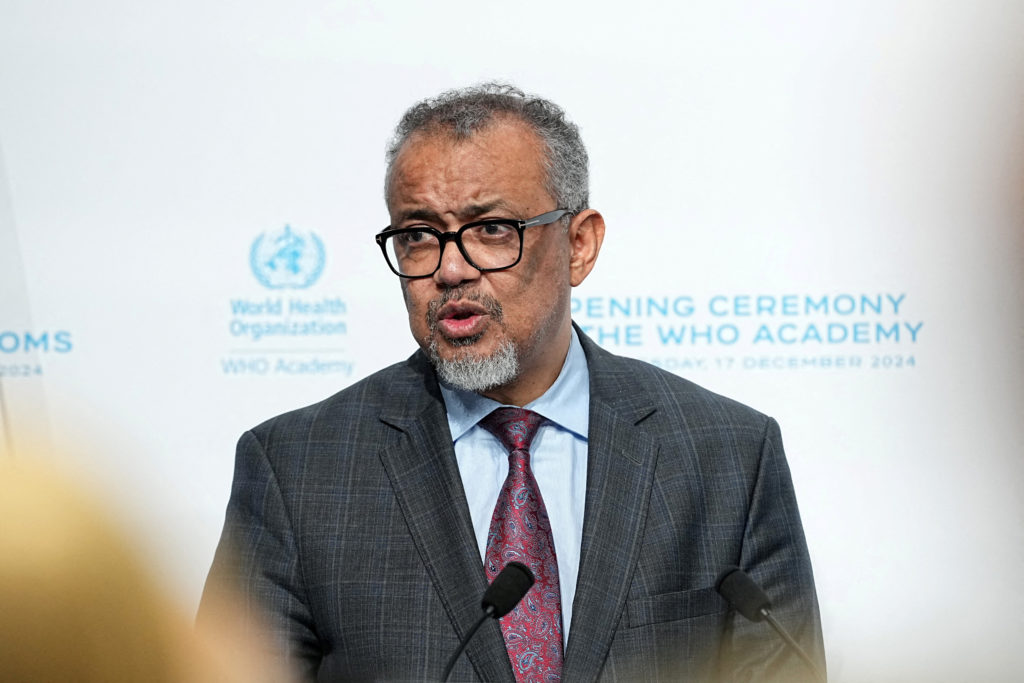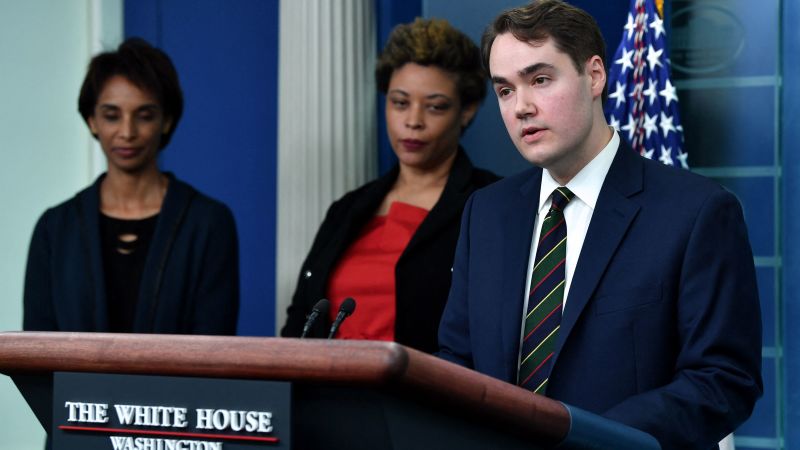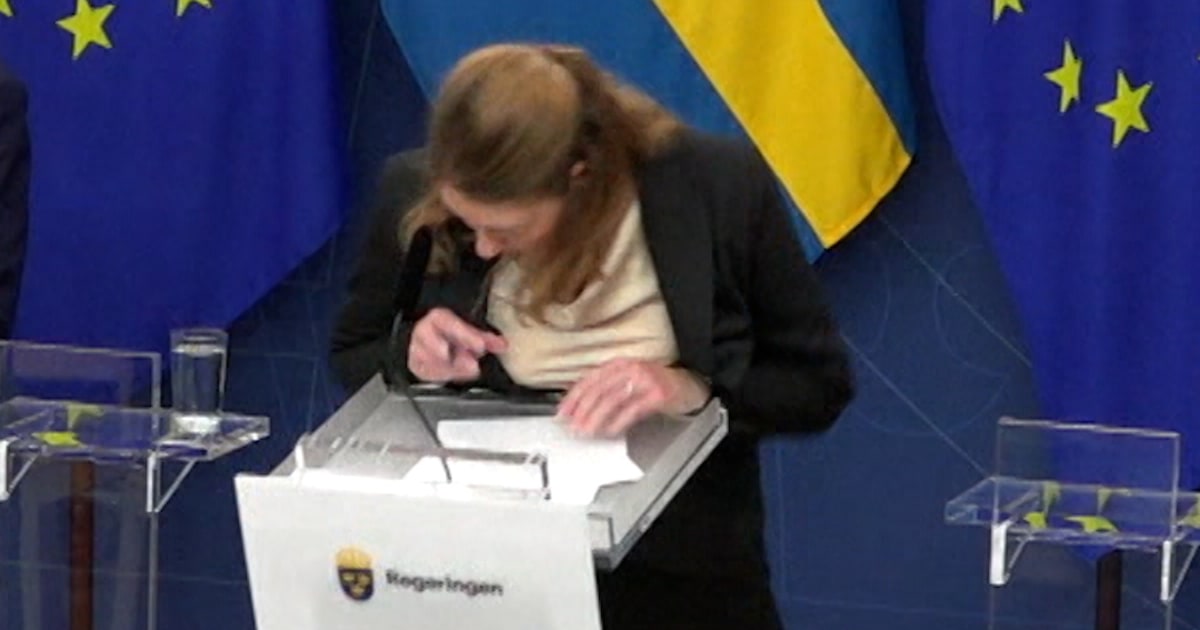Africa's Mpox Crisis Subsides: WHO Declares End to Global Health Emergency

In a significant development, the World Health Organization (WHO) has officially declared an end to the international health emergency status of the mpox outbreak in Africa. The announcement was made by the U.N. agency's director on Friday, signaling a positive turn in the global health landscape.
The decision comes after months of careful monitoring and assessment of the mpox situation across the African continent. By lifting the emergency designation, the WHO suggests that the spread of the disease has been effectively contained and no longer poses the same level of widespread threat it once did.
This update provides a sense of relief for health officials and communities that have been grappling with the mpox outbreak. While the virus remains a concern, the removal of the international health emergency status indicates significant progress in managing and controlling its transmission.








